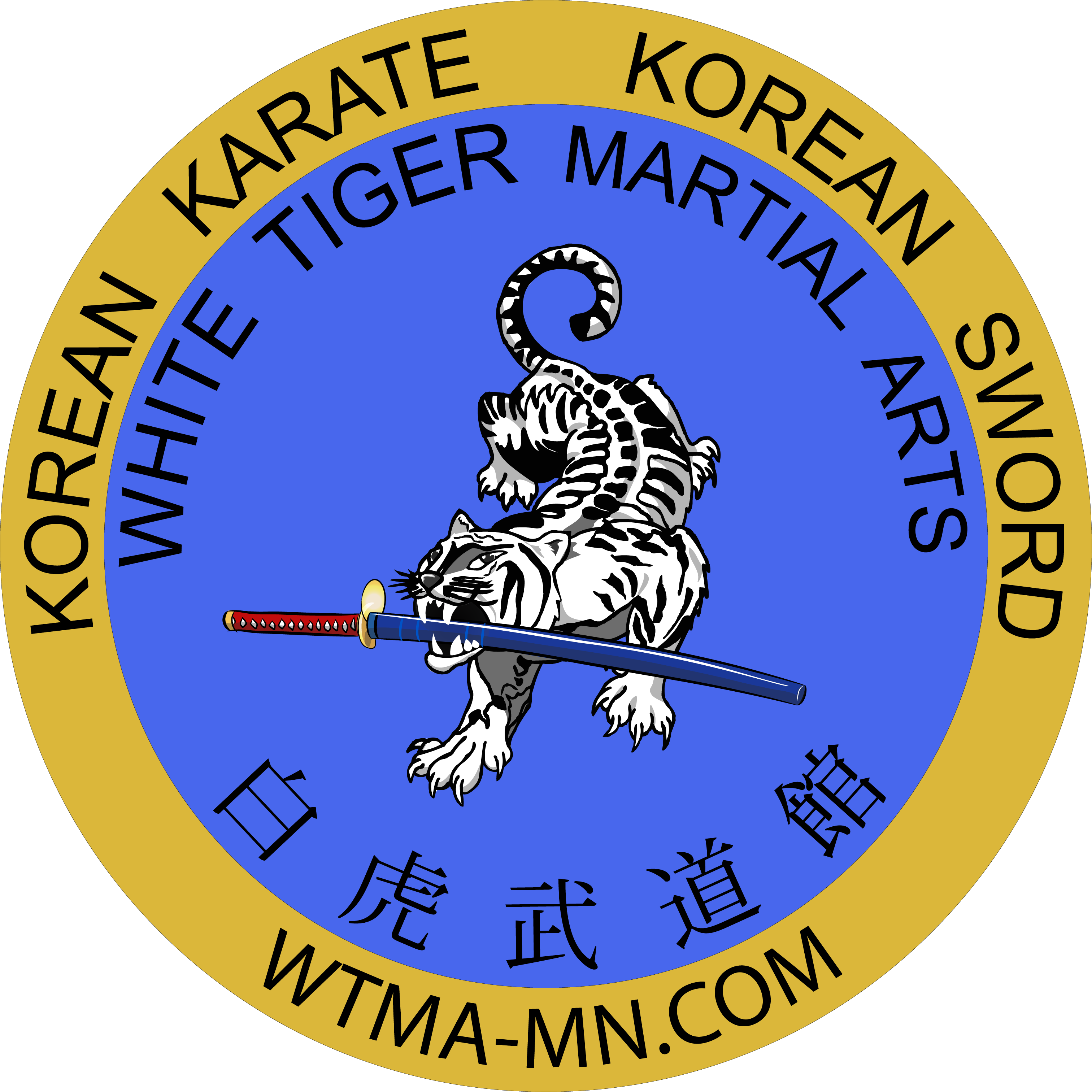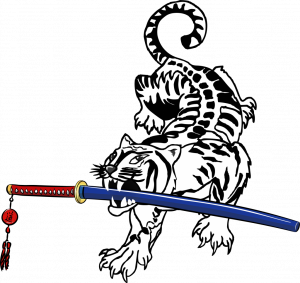 Captain America (Steve Rogers) tells The Avengers in Age of Ultron “You get hurt, hurt ’em back. You get killed… walk it off.”
Captain America (Steve Rogers) tells The Avengers in Age of Ultron “You get hurt, hurt ’em back. You get killed… walk it off.”
In their situation, they couldn’t even let failure stop them from completing the mission – Save the World!
How can they accomplish such a thing against an opponent that they’ve never seen before? Can they prevail against something that has learned everything about them? The answer to that is “YES!” because knowing about someone still doesn’t tell you the strength of their heart and determination. This is where their training and practice comes into play. The hours conditioning their bodies, the countless simulations and scenarios that they’ve run, the days of studying tactics and strategies come together as they fight together to win the day.
Now the real trick isn’t in defeating the bad guys. It is having trained properly. In these chaotic situations, there is no time to plan your next move! Randy King, KPCombat, has used the phrase “high speed problem solving” to describe what is needed during a personal protection situation. This is what training helps to create. The problem solving happens through the use of the OODA Loop and application of physical techniques. Finally, in the case of the Avengers, the intelligence of the operators to know when and why to do something without prior communication (aka Teamwork).
The training that The Avengers utilize comes from firsthand experience in how bad things can really get and making the choice to learn from those experiences in order to remain successful in their missions. This isn’t the case for many of us. Those who train in Mr. King’s classes or my martial arts classes may not have been in an ugly situation and, with luck, may never be. That doesn’t mean learning the same skills as The Avengers is a waste of time.
Learning how to learn will improve the success in most areas of your life. The time you spend with family and at work can be managed much better from having these problem solving skills. At one time is was said that you would need 10,000 hours of practice (training) to become good at something. Yes, hours and hours of practice to develop real skill. Well, that’s partly true. It will take hours of practice but the number of hours will be greatly affected by how you train.
Problem 3: Practice itself isn’t enough
Third, Gladwell didn’t distinguish between the type of practice that the musicians in our study did–a very specific sort of practice referred to as “deliberate practice” which involves constantly pushing oneself beyond one’s comfort zone, following training activities designed by an expert to develop specific abilities, and using feedback to identify weaknesses and work on them–and any sort of activity that might be labeled “practice.” (The 10,000-Hour Rule Was Wrong, According to the People Who Wrote the Original Study)
It isn’t so much how many hours you spend practicing but rather how well you practice during those hours. Something that I’ve told my students forever, especially in Taekwondo, is that every hyung (pattern) that you practice should be done as if you are testing on it during the repetition. Anything less than that is wasted time. If you don’t do every stance, kick, strike and block with proper intent (deliberately), it isn’t important enough to you. If it isn’t important, then you coast. Yes, your natural athleticism and intelligence will help you some, if you’re ever put on the spot but you’ll still never be as capable and competent as you could be.
While I hope that someday you can become the superhero that you wish to become but making sure that you can respond to ugly situations, anything from being attacked to dealing with stupid people, to stay safe is just as important. The twist here is that learning these skills can help you in any situation that requires problem solving. Yes, that means figuring out how to handle whatever the kid got into or spending time with the in-laws. It’ll help with time spent working with teammates and others at your job plus in decision making at your job (another application of the OODA Loop).
 Train always but train deliberately! Do things only for their purpose and not just to get it done.
Train always but train deliberately! Do things only for their purpose and not just to get it done.
Author: Master Robert Frankovich
As you read and enjoy the posts on this site, please consider “sharing” them! The “likes” help generate additional readership but “sharing” will help even more! Thank you for your assistance!
If you have questions, please feel free to contact me!


